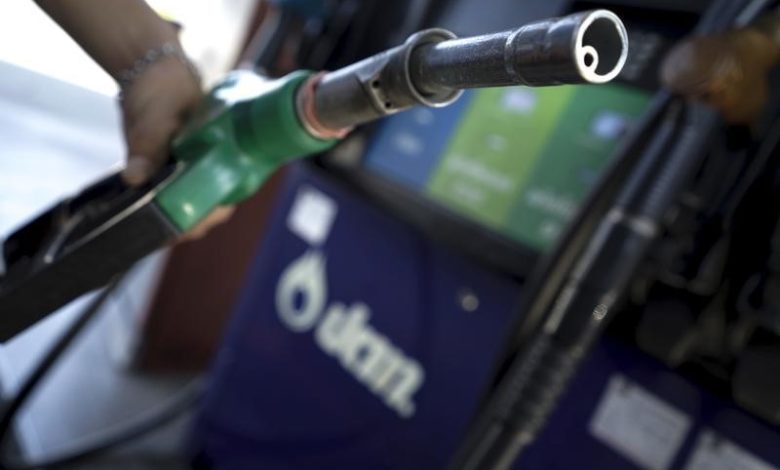
European Industry Struggles Amid Escalating Energy Crisis, Reports Bloomberg
European industry is nearing a breaking point as the region’s energy crisis escalates. Power and gas prices are reaching new highs almost daily, leading some energy-intensive companies to temporarily suspend operations due to unsustainable costs. With winter approaching and heating demands rising, the pressure will only grow, forcing many executives to make difficult choices about keeping their facilities operational.
One significant player feeling the strain is the German ammonia producer SKW Stickstoffwerke Piesteritz GmbH, which annually consumes an amount of energy equivalent to that used by about 50,000 households. The company announced a 20% production cut to manage soaring gas prices, with CEO Petr Cingr warning that a total shutdown could be imminent unless governmental measures are introduced.
The situation is mirrored in the UK, where the Energy Intensive Users Group is urging the government to implement emergency measures to prevent widespread business closures this winter. The current crisis arises from a combination of supply shortages and a surge in demand following the Covid-19 pandemic, posing a significant threat to economic recovery by driving up costs for businesses and households alike, alongside escalating inflation.
While many companies are striving to improve their energy efficiency, their efforts are being overshadowed by the sheer scale of rising costs. If the crisis progresses from mere price hikes to actual shortages, more industrial firms may be compelled to halt operations altogether.
There is also a risk of direct governmental intervention, similar to measures taken in China, which could include limiting industrial energy use to save dwindling supplies for residential heating during the winter months, particularly around the holiday season.
Carsten Rolle, head of the energy department at Germany’s BDI industry association, expressed concerns about the rapid price increases, noting how disorienting they can be. Last month, major fertilizer manufacturer CF Industries ceased operations at two UK facilities due to high natural gas prices, with other companies such as Austria’s Borealis AG and Norwegian firm Yara International also cutting back production.
Such reductions will have repercussions for various sectors, including agriculture, potentially driving food prices higher. Widespread factory shutdowns could slow economic growth and jeopardize jobs.
Solutions to combat these price surges appear limited. Major natural gas producers are unlikely to increase supply significantly, as many are prioritizing domestic needs. The longer the crisis persists, the more likely it is that severe supply shortages will occur.
German chemical giant BASF is taking precautions by securing long-term contracts with various gas suppliers to mitigate risks of shortages. Its Ludwigshafen facility, the largest chemical plant in Europe, has been classified as “systemically relevant,” ensuring its electricity supply remains stable to protect public needs.
The historic prices of gas, electricity, and carbon have disproportionately impacted small and medium-sized industrial producers, who typically have fewer financial safeguards and are more vulnerable to market fluctuations. Many smaller firms, already struggling from pandemic-related disruptions, did not secure long-term energy contracts earlier this year, leaving them unprepared for the current crisis.
Andreas Loeschel, a resource economics professor at Ruhr-University Bochum, highlighted the critical role of demand, particularly with the potential for a colder winter. He noted that a combination of unlikely factors could lead to unprecedented challenges ahead.
 GOOGL
GOOGL  META
META 


